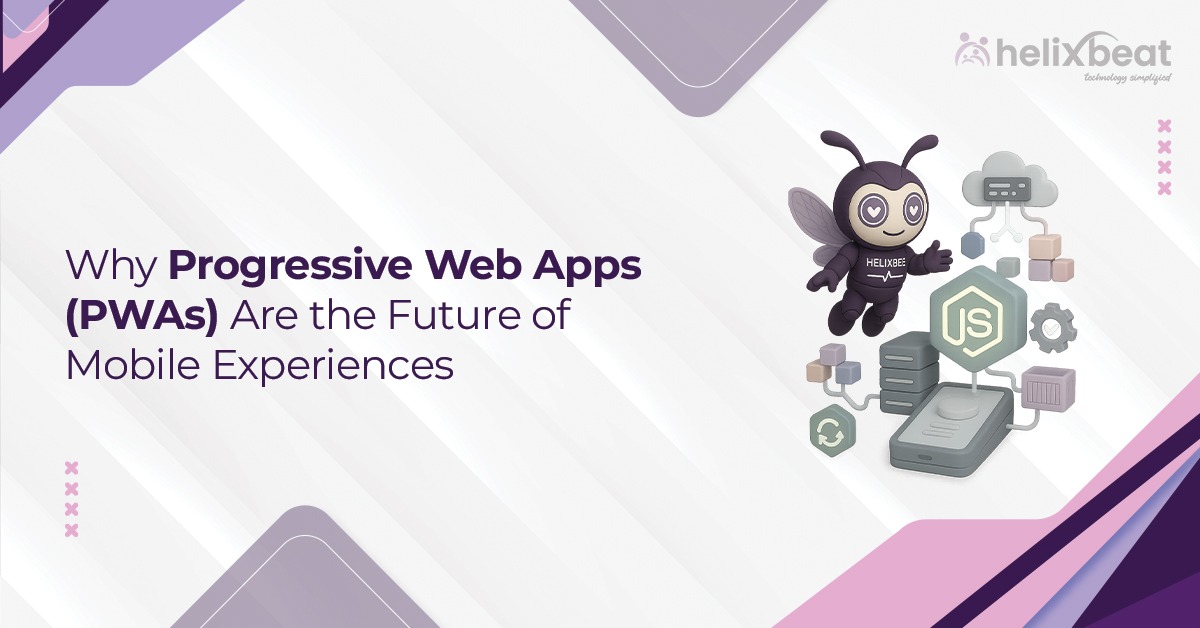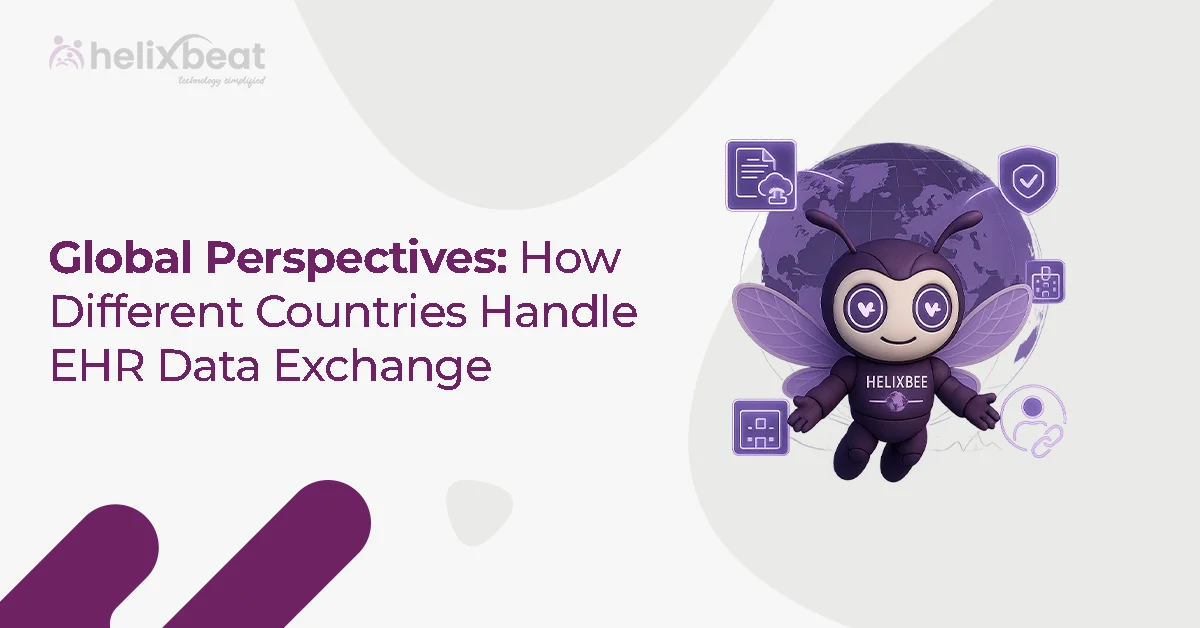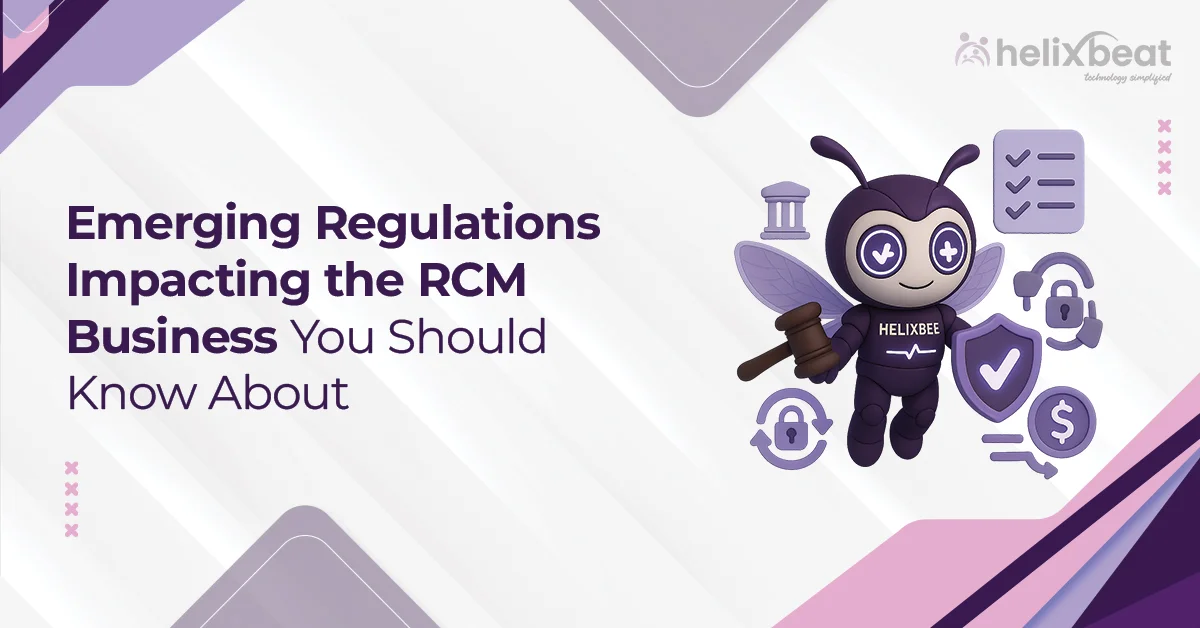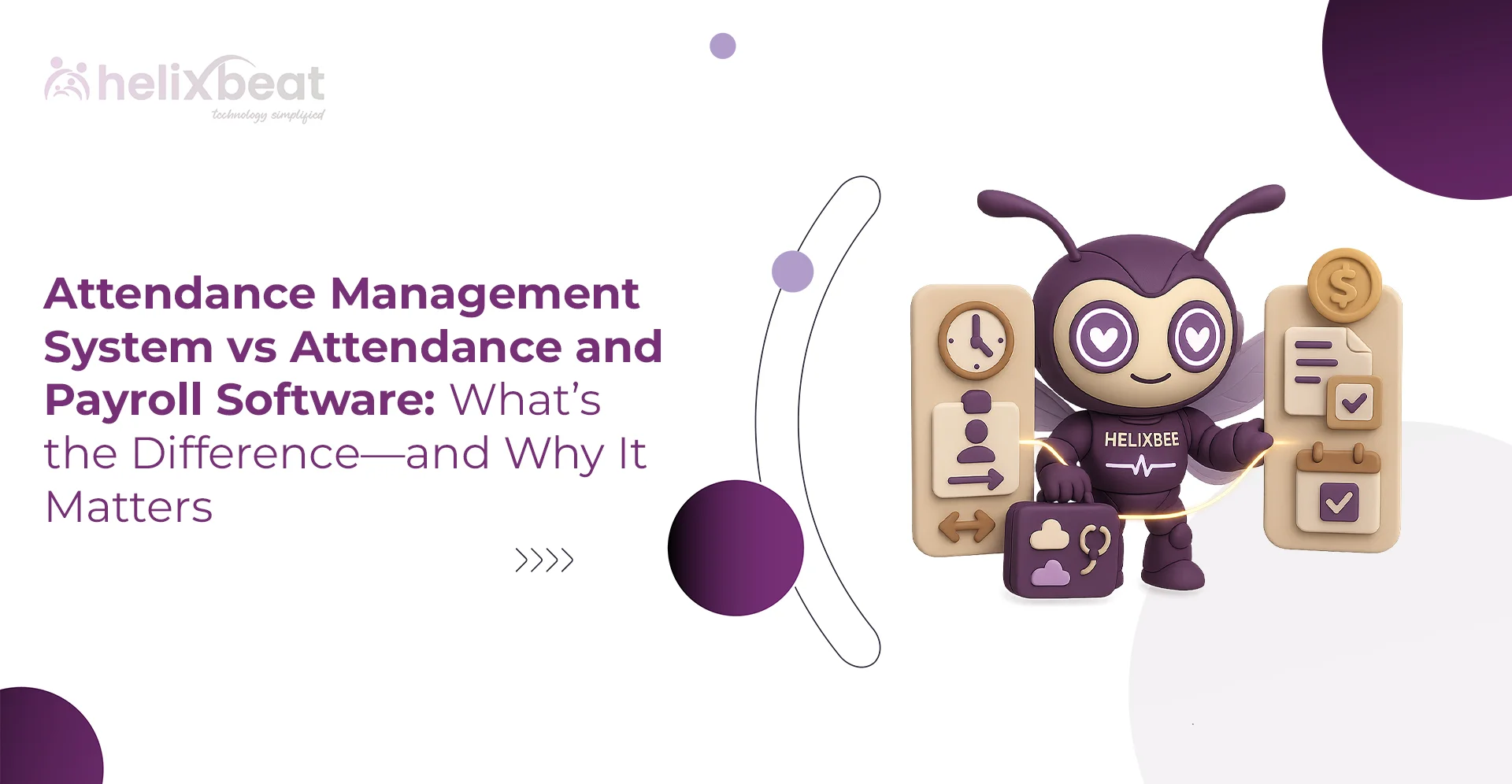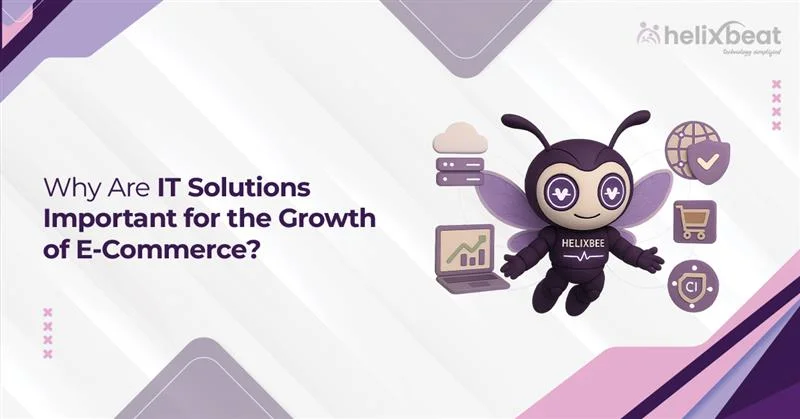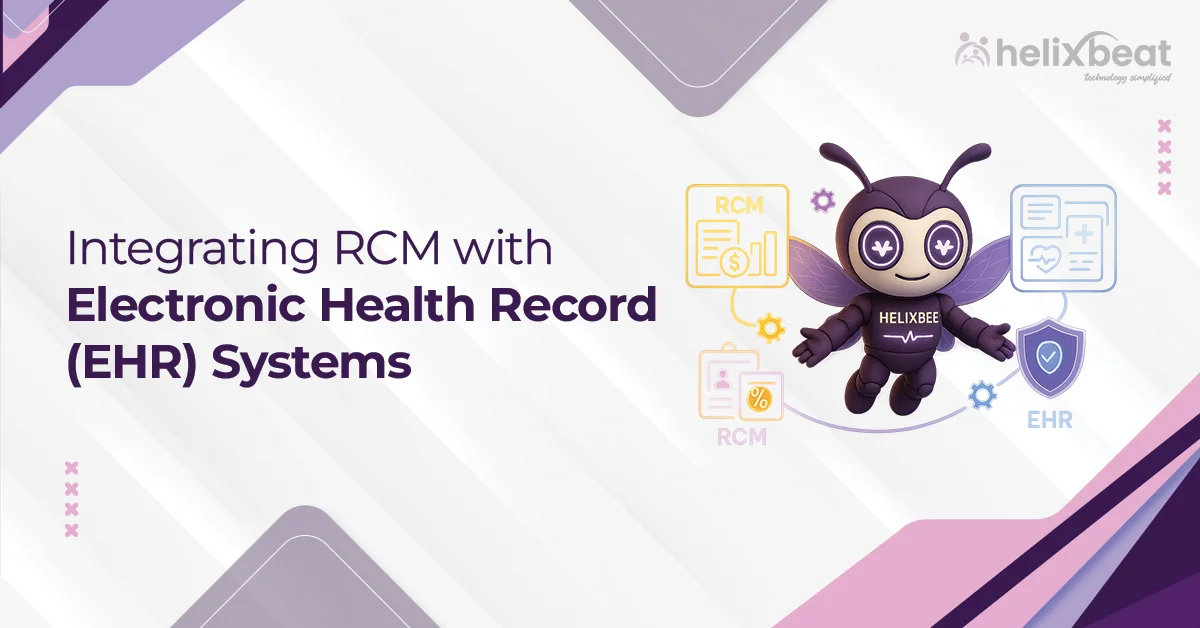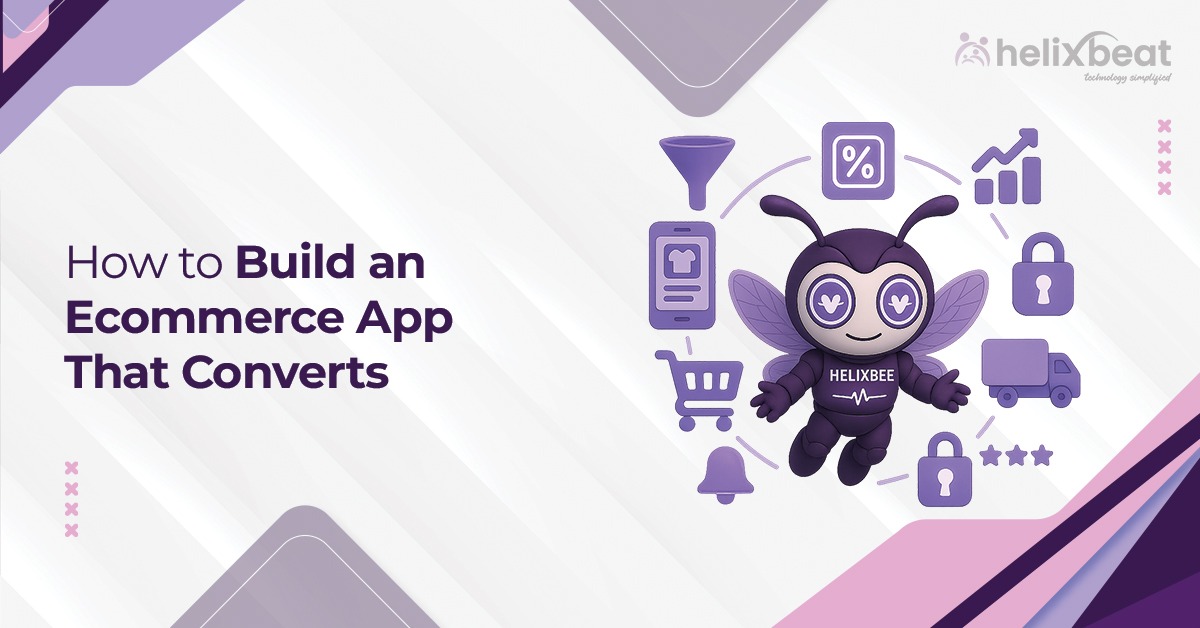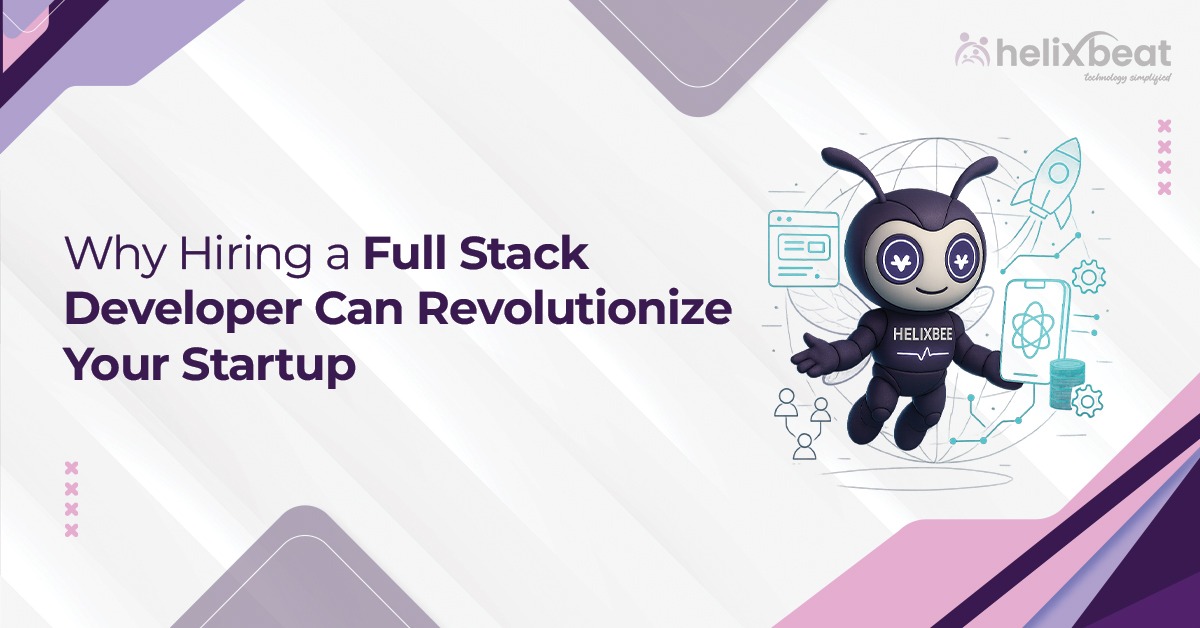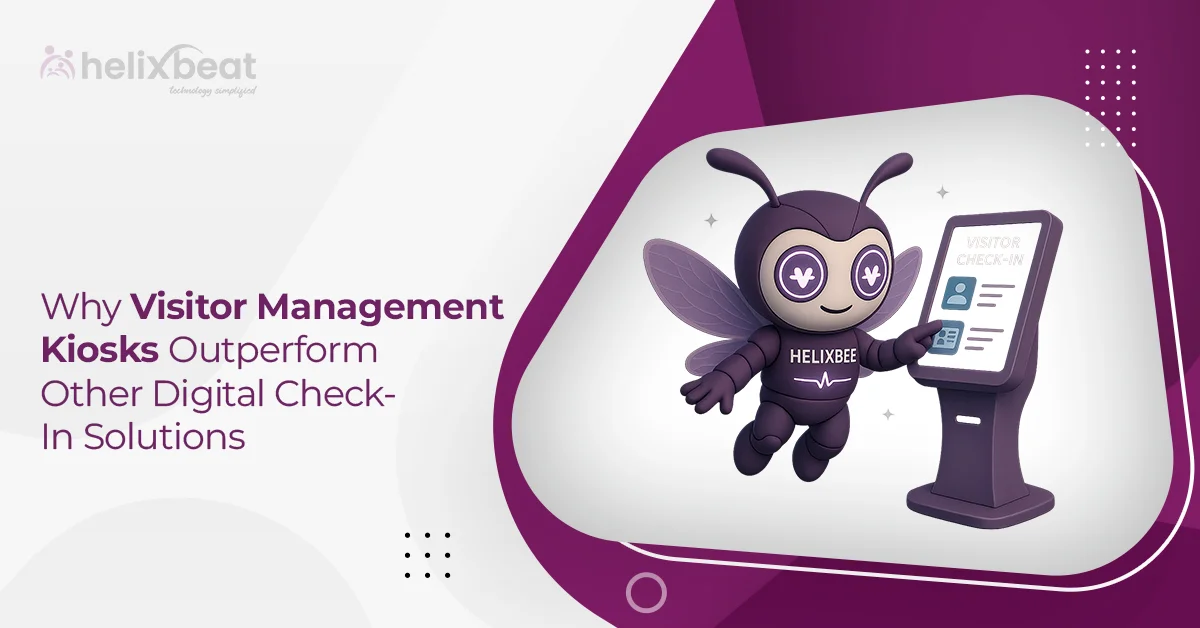Building and maintaining separate mobile apps for iOS and Android can be costly and time-consuming. In India, the average cost to develop a mobile app can range from ₹5,00,000 to ₹1,00,00,000 depending on features, design, and complexity. For businesses, this presents a huge challenge, especially when it comes to maintaining and updating multiple versions of the same app.
Progressive web apps (PWAs) solve this issue by offering a single solution that works across all devices and platforms, with no need for separate apps for Android and iOS. They are fast, reliable, and easy to maintain, making them an ideal choice for businesses looking to reduce costs and simplify mobile development.
In this blog, we’ll explain why progressive web apps are quickly becoming the go-to solution for businesses looking to improve their mobile experiences and meet modern expectations.

Table of Contents
Short Note On Progressive Web App
A Progressive Web App (PWA) is a type of web application that offers an app-like experience using only a web browser. It combines the best features of websites and mobile apps, such as fast loading, offline access, and the ability to be added to a user’s home screen without needing to download from an app store.
PWAs work on any device and are designed to be reliable, engaging, and easy to use. They load quickly, even on slow networks, and can send push notifications to keep users engaged, making them a great choice for businesses looking to provide a seamless experience across all platforms.
Advantages and Disadvantages of Progressive Web Apps
Progressive Web Apps (PWAs) offer numerous benefits such as improved performance and offline capabilities, but they also come with certain limitations. Below, we explore the key advantages and disadvantages of PWAs to help you determine if they’re the right solution for your business.
| Advantages | Disadvantages |
| PWAs load quickly, even on slow networks, improving user experience. | PWAs may have limited access to device hardware compared to native apps. |
| Users can access content without an internet connection, improving reliability. | PWAs work best on newer browsers, which might not be supported on older devices. |
| PWAs don’t need to be downloaded from app stores, saving time and storage space. | PWAs may not support heavy functionalities like gaming or complex multimedia. |
| PWAs work across all devices and platforms, reducing development costs. | Push notifications may not be supported on all platforms, such as iOS. |
| With a single version of the app, maintenance and updates are simpler. | PWAs can face some challenges in SEO optimization compared to traditional websites. |
| PWAs provide a native app-like experience, improving user engagement and retention. | PWAs may not be as recognizable to users as native apps in certain industries. |
How Progressive Web Apps Are Becoming the Future of Mobile Experience
Progressive web apps (PWAs) are changing the way businesses approach mobile experiences.
Below, we’ve explained how progressive web apps are becoming the preferred solution for both businesses and users.
1. Why PWAs Load Faster Than Regular Websites
Progressive Web Apps (PWAs) are built to load almost instantly, even when the internet is slow. By using clever tools like service workers and caching, PWAs store important content on the device itself. This means users get fast access to what they need, without waiting around. PWAs are especially helpful in areas with poor connectivity, where other apps or websites might struggle to load quickly.
2. How PWAs Keep Working Even Without the Internet
One of the best things about PWAs is that they work offline. By storing data directly on the device, PWAs let users continue using the app or site even when they lose their internet connection. This makes them more reliable, ensuring people can access important information anytime, anywhere, without worrying about a weak connection.
3. Saving Time and Money with PWAs
With PWAs, businesses don’t need to create separate apps for iOS and Android. Since PWAs are built using basic web technologies like HTML, CSS, and JavaScript, they work across all devices and platforms. This saves businesses both time and money by only needing to update and maintain one app, instead of multiple versions.
4. Enjoying an App-Like Experience Without the Download
PWAs offer a native app experience without requiring users to download anything from an app store. Users can simply add the app to their home screen with one click and access it instantly. Plus, PWAs are designed to look great on any device—smartphones, tablets, or computers, making it easier for businesses to engage users on all platforms.
5. Keeping Users Engaged with Push Notifications
Just like native apps, PWAs can send push notifications. This feature helps businesses keep users informed about new updates, promotions, or reminders. PWAs can send notifications even when the app isn’t open, encouraging users to come back and interact more often. This makes PWAs a powerful tool for increasing user retention and conversions.
Why Your Business Should Adopt PWAs Now
Adopting progressive web apps (PWAs) can bring numerous benefits to your business, from reducing costs to enhancing user engagement. Here are some key reasons why now is the perfect time to make the switch to PWAs:
1. Reduce Development and Maintenance Costs
Adopting progressive web apps (PWAs) can save your business significant amounts of money. Traditional mobile apps require separate development for iOS and Android, which involves higher costs for coding, testing, and updates. PWAs eliminate this need by using a single codebase that works across all platforms.
This not only reduces development costs but also makes ongoing maintenance and updates simpler and more affordable, allowing businesses to allocate resources more effectively.
2. Improve User Experience and Engagement
Nowadays, user experience is key to customer retention. PWAs provide fast loading times, offline access, and a native app-like experience, even when the user is on a slow network.
These features lead to better performance, increased engagement, and fewer abandoned sessions. By adopting PWAs, your business can deliver a smoother, more reliable experience to customers, which will help keep them coming back.
3. Reach a Larger Audience Without the App Store Barrier
PWAs make it easy for businesses to reach a broader audience without the limitations of app stores. Users can easily add a PWA to their home screen directly from the browser, without needing to go through an app store download process.
This means fewer barriers for customers, especially those who are hesitant to download apps or have limited storage space on their devices. As a result, PWAs allow your business to expand its reach and connect with more potential customers.
How PWAs Outperform Traditional Mobile Apps & Websites
Progressive web apps (PWAs) outperform traditional mobile apps by offering a unified solution across all platforms. Unlike native mobile apps, which require separate versions for iOS and Android, PWAs only need to be developed once and work seamlessly on any device. This eliminates the need for businesses to maintain multiple codebases and drastically reduces development and update costs. PWAs also bypass the need for app store downloads, allowing users to access the app directly from their browser, significantly improving user acquisition rates.
When compared to traditional websites, PWAs offer a much faster and more reliable experience. They utilize service workers to cache content locally, ensuring that users can access the site even offline and with slower internet connections. PWAs are designed for performance, with instant loading times, push notifications, and smoother interactions, making them more engaging and user-friendly than traditional websites. This combination of speed, accessibility, and cost-efficiency makes PWAs a clear winner in providing an enhanced mobile experience.
Build Your Progressive Web App with Helixbeat
At Helixbeat, we specialize in creating Progressive Web Apps (PWAs) that are fast, reliable, and easy to use. We use the latest web technologies to ensure your PWA works smoothly on all devices, giving your users a great experience every time they visit.
Whether it’s improving engagement or performance, we make sure your PWA delivers exactly what your business needs.We work closely with you to understand your goals and challenges, creating customized solutions that fit your business perfectly.
Our team focuses on building PWAs that are not only effective now but also flexible enough to grow with your business in the future. This keeps your app ready to grow and succeed over time. Book your free demo with Helixbeat now.
FAQ
1. How do PWAs improve user experience?
PWAs improve user experience by offering faster load times, the ability to work offline, and an app-like interface that is easy to navigate. These features make them more engaging, reducing bounce rates and increasing user retention.
2. Can PWAs be added to a mobile device’s home screen?
Yes! One of the great features of PWAs is that they can be added directly to a user’s home screen, just like a native app. Users can launch the PWA with a single tap, without needing to download it from an app store.
3. Do PWAs work on all devices and browsers?
Yes, PWAs are designed to work on all modern devices and browsers. They are responsive, meaning they adapt to different screen sizes, and they work seamlessly on smartphones, tablets, and desktops.
4. What are the cost benefits of using PWAs?
PWAs can significantly reduce development and maintenance costs compared to native apps. Since PWAs use a single codebase across all platforms (iOS, Android, and desktop), businesses save money by not having to develop separate versions of the app for different operating systems.
5. How secure are PWAs?
PWAs are very secure because they are served over HTTPS, which ensures that the data exchanged between the user and the server is encrypted. Additionally, service workers, which enable offline functionality, follow strict security protocols to prevent unauthorized access.



